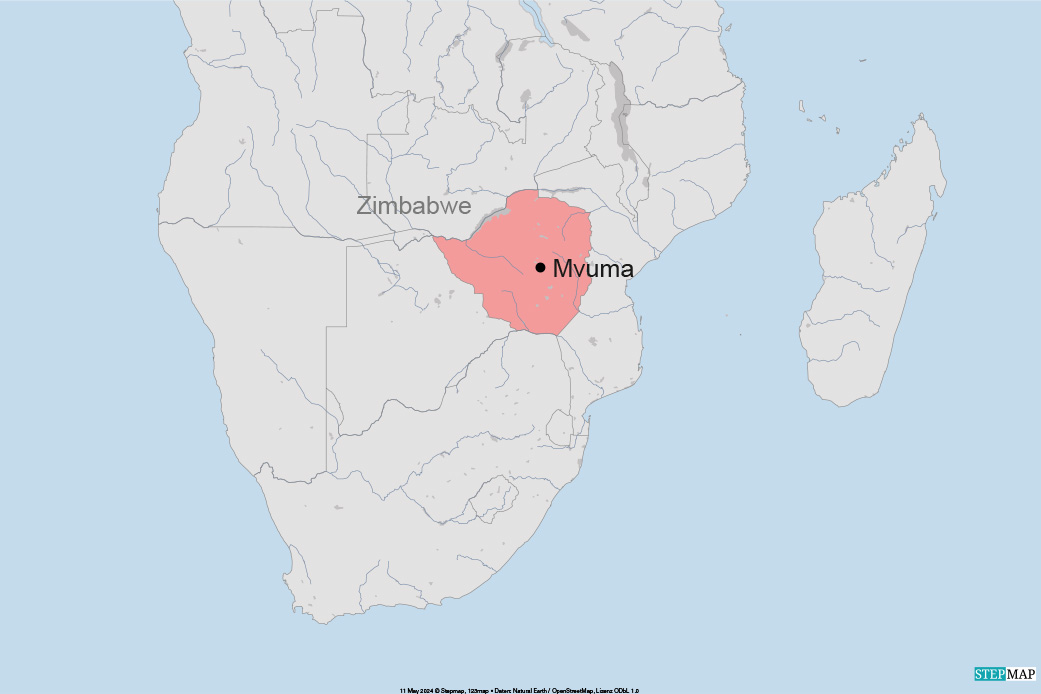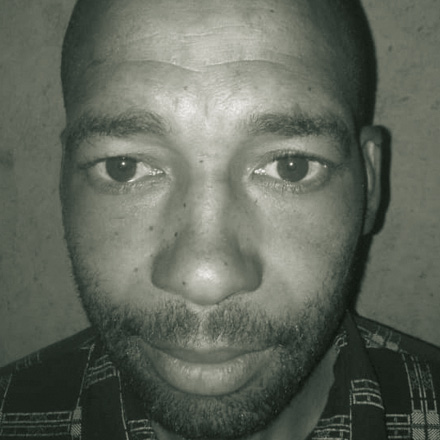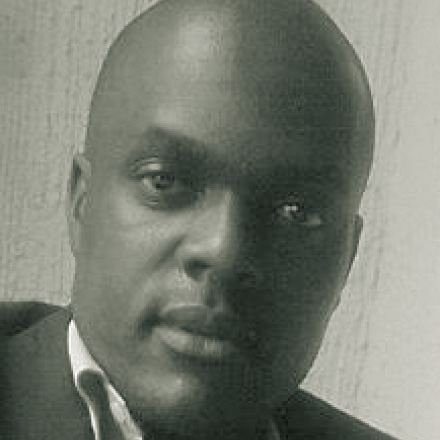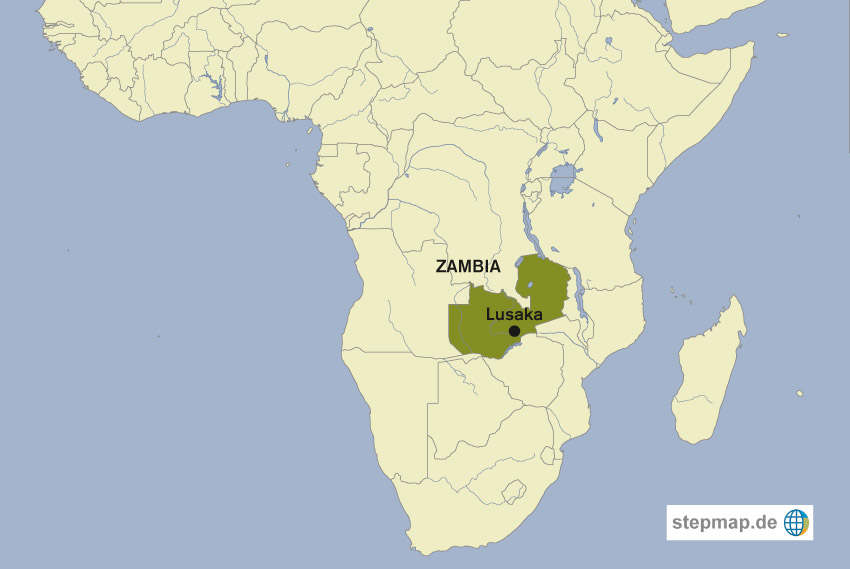Investing
Remembering the “forgotten continent”

Africa, once called the “forgotten continent”, is sharply in Europe’s sights again. European political and business leaders alike are calling on private investors to bet on Africa’s future, citing its robust growth rate, young population and abundant natural resources.
“Africa is the continent of the future,” declares Jakob von Weizsäcker, chief economist at Germany’s Federal Ministry of Finance. “It has enormous human and economic potential and faces big challenges. It is in dire need of investment both public and private.”
He spoke in Frankfurt at the “Africa Europe Week” conference in late May, sponsored by the Maleki Group, the World Bank and the Frankfurt Chamber of Commerce and Industry. Speakers emphasised the complementary interests of European investors and African enterprises, the need to counter China’s growing influence in Africa and the urgency of giving potential African migrants incentives to stay home.
The news on the ground is not very encouraging however. For now, the vision of Europe’s money funding Africa’s growth needs has not come true. Private-sector investors in particular are hesitating.
According to the UN Conference on Trade and Development (UNCTAD), foreign direct investment (FDI) into Africa fell to $ 42 billion in 2017, 21 % below the previous year. Of the ten top investor economies in Africa between 2011 and 2016, only four are European: the UK, France, Italy and Switzerland; the rest are in North America, Asia and Africa itself. In Weizsäcker’s eyes, the key question is: “Why is it so difficult to bring the enormous potential of Africa and the savings of Europeans together?”
The reasons are many and varied. Weizsäcker himself puts part of the blame on European governments for failing to coordinate their efforts. He cites Tunisia as an example: “Instead of teaming up and talking with one voice to the government, we still have three national ministers from Europe going to Tunisia every week, promoting pet national projects.” But he pins most of the blame on African leaders and the business environment there. There are parallels to Africa’s problems in Germany’s own history, Weizsäcker points out. “If you take the scenic train ride between Frankfurt and Cologne, you will see the ruins of beautiful castles. They are monuments to corruption and extortion.” After all, the castle owners were “robber barons” who collected fees from people transporting goods on the Rhine.
Ike Chioke of Afrinvest, an investment banking firm, sees things in a similar light.
“A term I use to describe the business environment in Nigeria is VUCA – volatile, uncertain, complex and ambiguous.” Nigeria’s Consul-General in Germany, Suleiman Dauda Umar, acknowledges the problem, but says that Nigeria aims “to guarantee the safety of people who come to add value to our environment”.
A need to fight corruption and make laws and regulations fair and transparent is a top priority. “We need to see policy reform and improvements in the tax environment for the digital economy,” says Eme Essien of the International Finance Corporation (IFC), a World Bank unit that supports private-sector development.
Another complaint of private investors is that public institutions often offer African borrowers better terms than private institutions can. Paul Wade of the Norwegian Agency for Development Cooperation notes that direct investments financed by multilateral banks can crowd out private commercial financing.
The response of Olga Sclovscaia, who works for the World Bank, is that multilateral institutions want to bring in just enough public financing to catalyse private investment. According to Sclovscaia, the “holy grail” is to determine “how much public finance is needed”.
It is difficult to raise financing within Africa itself. Even if foreign private investment were to increase, Africans would still need to raise local long-term money, argues Jaloul Ayed, chairman of the Vega Group, a Tunisian company. “We have a $ 60 billion to $ 100 billion infrastructure gap, Ayed said. He sees no way that the private sector can address all these needs. “We have to encourage African countries to develop bond markets in local currencies,” he concludes.













